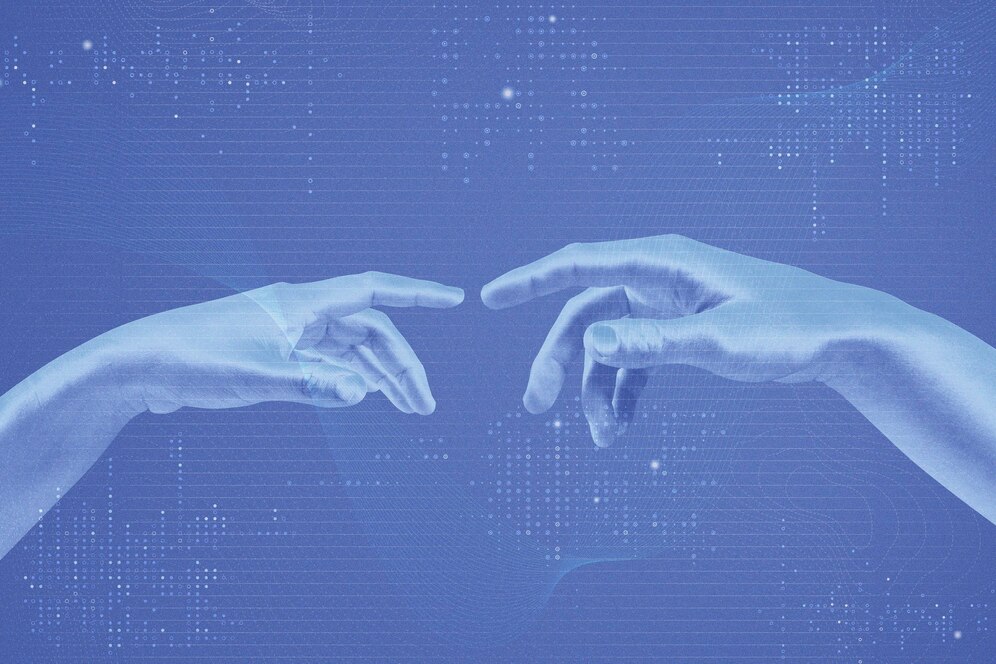
Artificial Intelligence and Ethics:
Challenges in the Digital World
While the development of artificial intelligence (AI) technologies offers many opportunities in the digital world, it also brings ethical issues. The ethical challenges that arise in AI's decision-making processes, data collection and processing methods can have significant impacts on both the societal and individual levels. This necessitates a clear definition of ethical principles on how AI will be developed and used. Understanding the effects of AI systems on human life and using these technologies responsibly are critical to overcoming these challenges.
One of the ethical issues of AI is concerns about data privacy and security. AI systems work by processing large amounts of data, and this data often contains personal information. However, lack of transparency in data collection and processing processes can jeopardize users' privacy. In particular, the collection or misuse of personal data without users' consent can create serious ethical issues. Therefore, AI applications need to develop solid policies and practices regarding data privacy and security.
Another important ethical issue is the issue of bias and injustice in AI's decision-making processes. AI systems are affected by the data used in their learning processes. If this data is biased or unbalanced, AI systems may reflect similar biases. This can lead to discrimination and injustice in AI decision-making. For example, AI systems used in recruitment processes may unfairly exclude some candidates due to biases from past data. When developing AI, data sets should be carefully considered to ensure diversity and fairness.
One of the ethical dimensions of AI is the transparency and accountability of AI systems. How AI decisions are made and the criteria they are based on are often complex, making it difficult for users to understand the logic behind these decisions. Therefore, AI system decision-making processes need to be made more transparent and understandable. There should also be a clear understanding of who is responsible if AI produces incorrect or harmful results.
The relationship between AI and ethics also encompasses the impact of AI on society. The automation of certain jobs by AI could lead to significant changes in the labor market. These changes could lead to the elimination of certain jobs and the need for new skill sets. An ethical approach should ensure that workers are supported in this transition and that social inequalities are minimized. Furthermore, a continuous dialogue and review process is required to assess the societal impacts of AI and to positively direct these impacts.
The ethical use of AI technologies involves a variety of challenges, including data privacy, bias, transparency, and societal impacts. Addressing these issues and defining ethical principles is critical to ensuring that AI is developed and used responsibly. AI can create positive changes in the digital world when used more fairly and reliably, both at the individual and societal level. By considering ethical issues, it will be possible to make the most of the opportunities that AI offers.